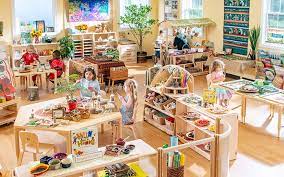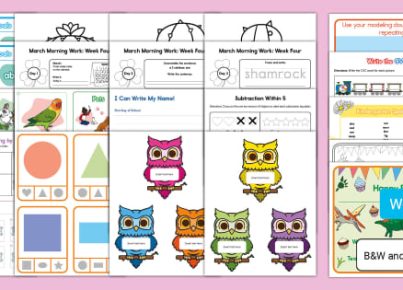The Reggio Emilia Approach to early childhood education has taken root in the United States after originating from the small Italian city of Reggio Emilia post-World War II. Emphasizing strong core values such as respect, responsibility, and community through a self-guided curriculum, this method continues to influence preschool and primary education settings nationwide.
In a classic U.S. classroom modeled after the Reggio Emilia approach, you are less likely to see rows of desks and more likely to witness a dynamic environment teeming with stimulating materials and opportunities for exploration. These spaces often feature natural light, live plants, and thoughtfully displayed educational materials that invite interaction and investigation.
Teachers in a Reggio-inspired setting take on the role of facilitators rather than traditional instructors. They observe students closely, documenting their work and development, identifying interests and questions to help guide the curriculum. This approach views children as protagonists of their own growth, valuing their ability to express themselves through one of the ‘hundred languages’ including drawing, sculpture, dramatic play, writing, and more.
Collaboration stands at the heart of Reggio classrooms in the U.S., where children are encouraged to discuss their ideas with peers and work on projects together. This co-learning emphasizes communication skills and social development while also valuing each child’s individual voice within the group context.
Parents are not bystanders in this educational format; they are considered essential partners. Reggio-inspired schools in America often design workshops and meetings whereby parents can engage with their children’s learning process. These activities help build a bridge between home and school life, fostering a sense of continuity for the child’s educational experience.
Documentation is another key aspect of this methodology that has been embraced by American educators. Teachers record daily observations that become part of an ongoing assessment narrative for each child. Displays of work-in-progress line the school walls reflecting the learning journey rather than only showcasing final products.
Continuous professional development for educators is paramount to maintain the integrity of the Reggio philosophy within American settings. Regular staff training sessions and study groups allow for sustained philosophical alignment as well as practical application within varied contexts across the United States.
As this approach continues to spread through U.S. classrooms, it brings with it a reshaping of traditional early childhood paradigms – prioritizing creative thinking over rote learning, process over product, and community involvement over isolated education. The Reggio Emilia approach inspires an evolving landscape in American schools that cherish each child as a capable individual full of potential waiting to unfold naturally over time through discovery and connection with others.





